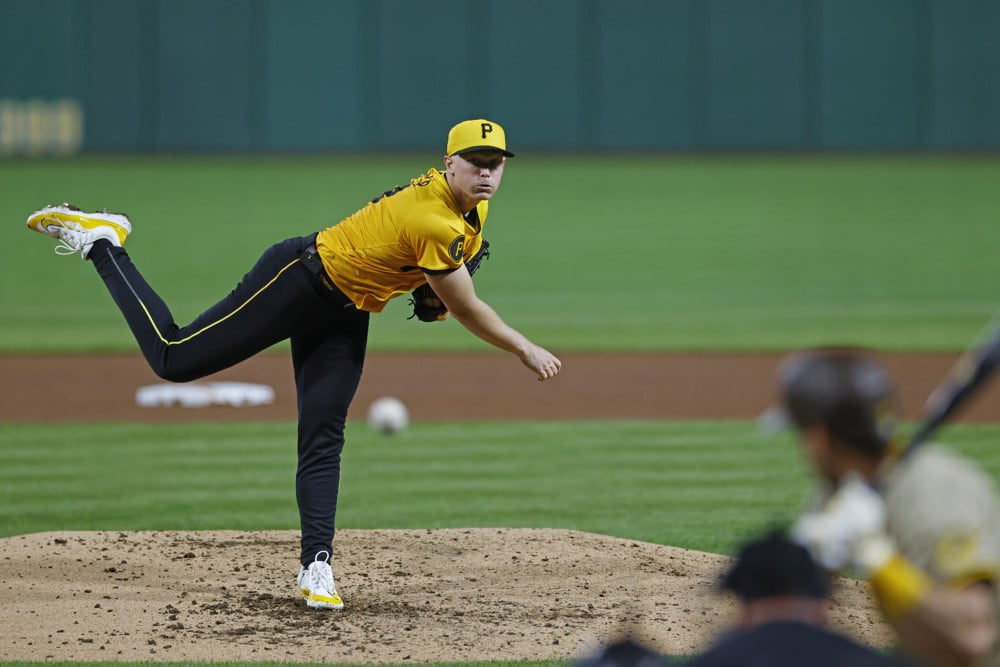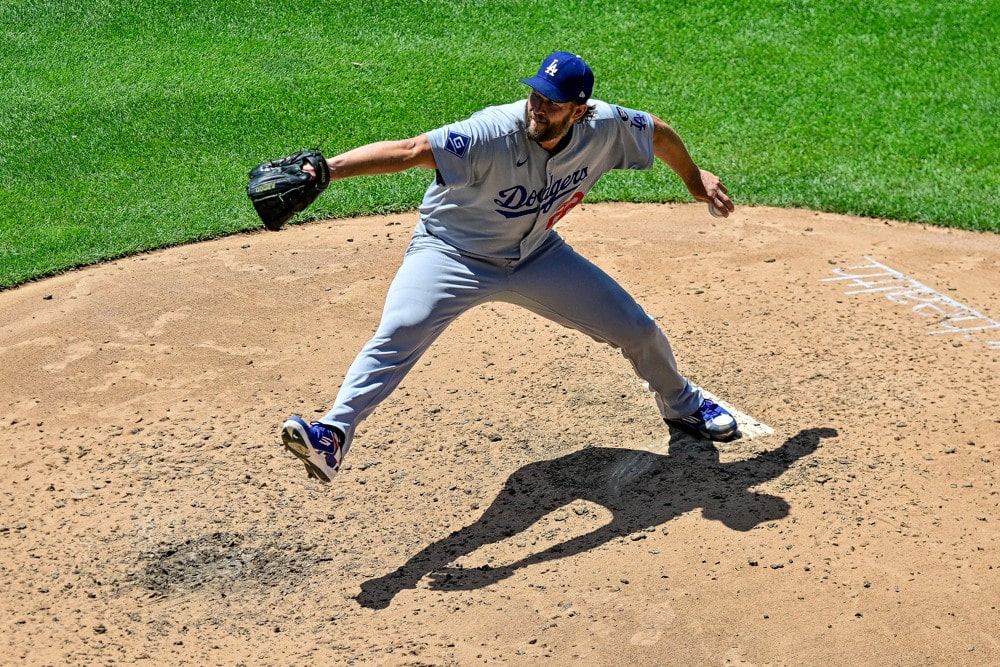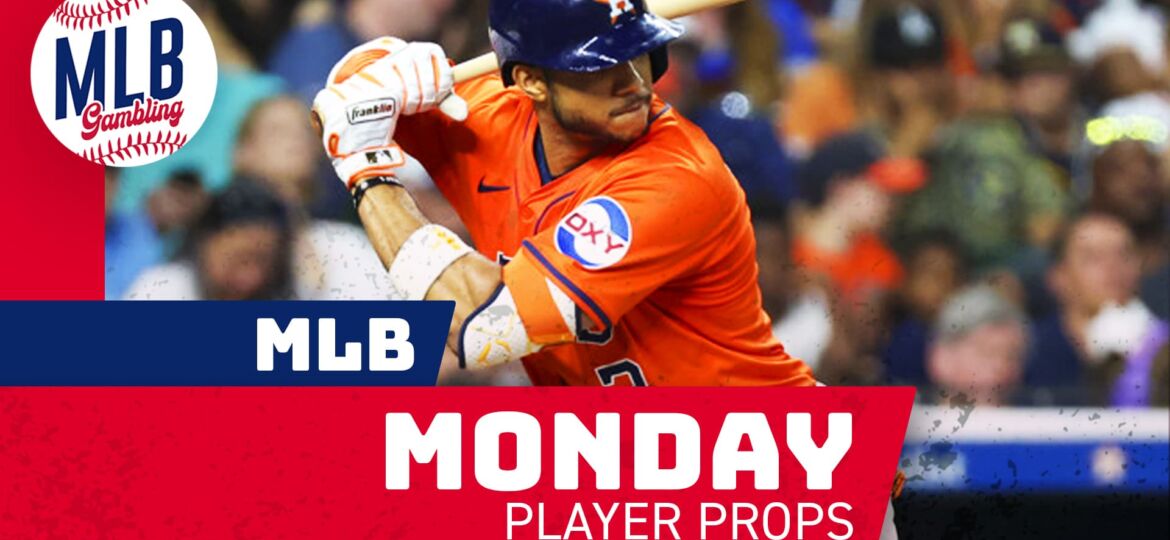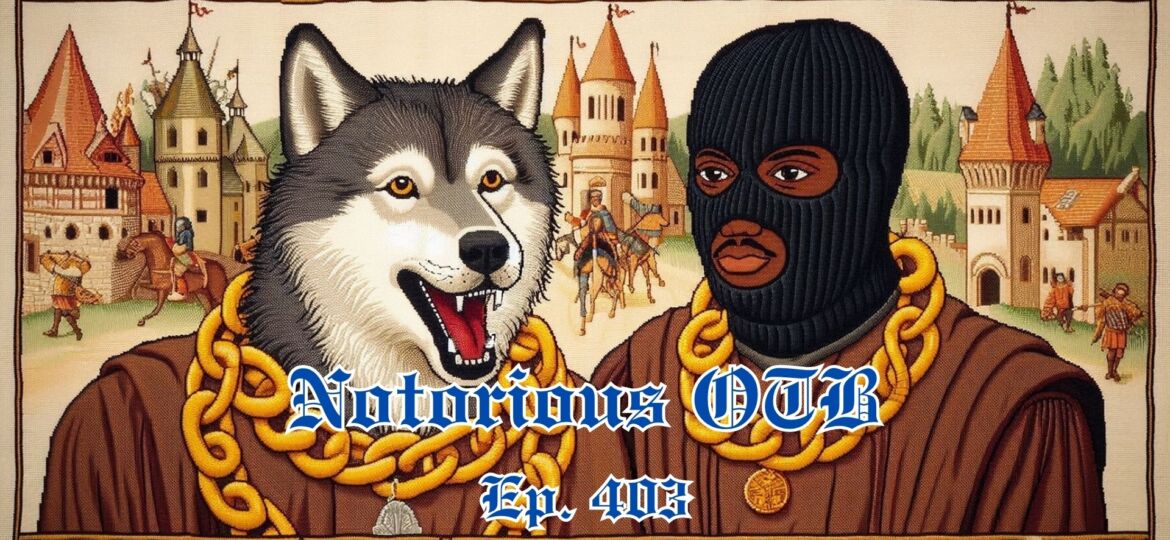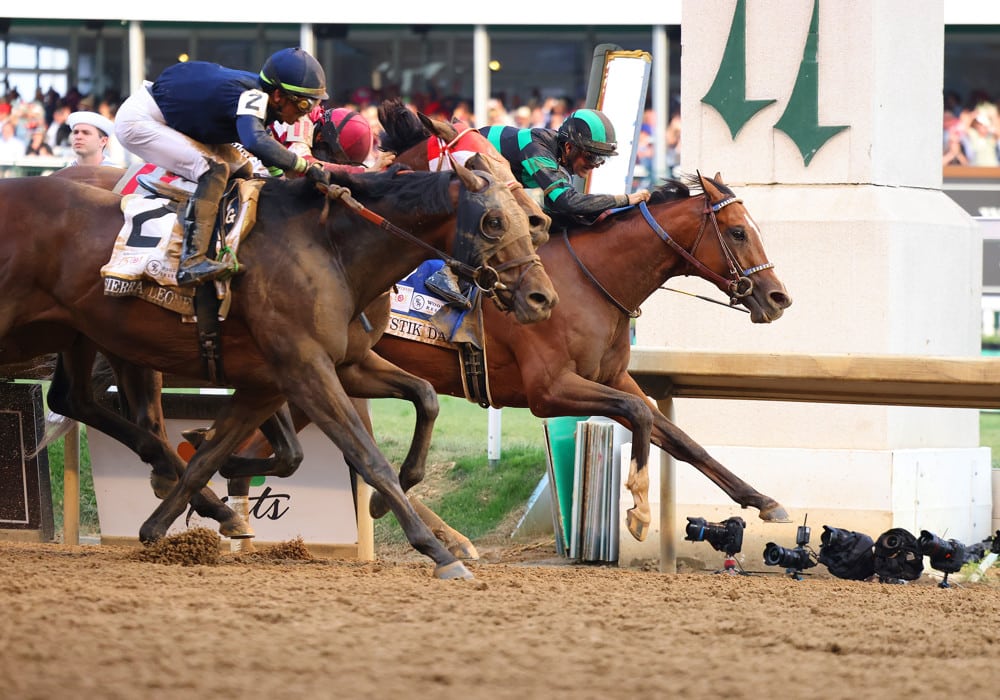
The ability of a horse to surge ahead in the final moments of a race can be an exhilarating experience for fans. Watching a horse make a final push to the line, fighting off rivals in the last stretch, is one of the most exciting parts of horse racing. This high-stakes, rapid-decision moment creates a rush of adrenaline for spectators, as they wait to see which horse will prevail.
When you’ve placed a bet on the outcome of the race, the milliseconds between victory and defeat feel even more intense. Your bet may depend on a last-second burst of speed, making every second seem like an eternity. The rush of winning in these high-pressure moments is unmatched, and the emotional payoff is heightened by the monetary aspect of betting.
Conclusion
With its unique and storied history horse racing is a sport that encapsulates the essence of Horse racing has long been one of the most thrilling and captivating sports for fans across the globe. Whether you’re attending a live race or watching from the comfort of your home, the excitement of the event is undeniable. From the tension-filled moments leading up to the race to the adrenaline-pumping final stretch, horse racing presents a unique blend of uncertainty, strategy, and sheer unpredictability that makes it captivating.
But why are we so drawn to the tension and the triumph of this sport? Let’s delve into the psychological factors, the nature of the sport, and the unpredictable nature of horse racing, which keeps fans coming back for more—and how wagering on horse racing and other sports only enhances this thrill.
The Appeal of Uncertainty and High-Stakes Moments
Humans are naturally wired to be drawn to uncertainty, especially when it comes to high-stakes situations. This primal attraction to the unknown is rooted in our evolutionary psychology. In the past, early humans thrived by being alert to unpredictable situations—whether it was a predator in the wild or a changing environment. The ability to respond to uncertainty and to evaluate risk has helped shape our decision-making processes over millennia.
In the world of sports, high-stakes moments tap into this innate fascination with uncertainty. The unpredictability of outcomes in a race, the potential for a dramatic comeback, and the possibility of seeing an underdog succeed are all elements that engage our brains on a deep psychological level. In horse racing, the tension builds as the horses line up at the starting gate, and the outcome is uncertain until the final seconds. It’s the ultimate test of anticipation, where every moment feels like it could lead to a thrilling triumph or a heart-wrenching defeat.
Wagering on the outcome of a race amplifies this experience. The stakes become even higher when money is on the line, as bettors invest their hopes and predictions into the race’s outcome. However, a growing number of bettors are learning how to bet online without submitting documents so they can start backing their favorite horses quicker, without waiting for verification or undergoing lengthy sign-up processes. This further increases the stakes and the excitement, as many of these sites also offer higher betting limits than more traditional sportsbooks do.
The added layer of risk and reward taps into our primal excitement, enhancing the emotional ride as we cheer on our chosen horse. The fear of losing your bet or the thrill of winning big can turn a simple race into an unforgettable event.
The Suspense of a Close Race
One of the key elements that draw us to horse racing is the suspense of a close race. Unlike many other sports, where the outcome may be decided by a team’s consistent performance over an extended period, horse racing is often decided in a matter of seconds. The horses, jockeys, and trainers have spent weeks or even months preparing for the race, and in a split second, everything could change. That level of tension is something truly special and keeps us on the edge of our seats.
Imagine the scene: the horses are thundering down the track, neck and neck, the finish line just within sight. The crowd is on its feet, holding its breath, as every step the horses take brings them closer to victory or defeat. In horse racing, a close race is a spectacle that evokes an almost primal response in us. Whether it’s the thrill of watching the lead change multiple times in the final stretch or the intense feeling of watching a horse inch closer to the line, the suspense is palpable. We’re drawn to this suspense because it taps into our desire for excitement and our need for a satisfying payoff. The feeling of anticipation, paired with the uncertainty of the outcome, keeps us engaged until the very end.
When you add wagering into the mix, this suspense grows even further. Watching a close race where you have money riding on the result can be extremely exciting. While excitement and thrill are all part of the experience, it’s always smart to wager wisely. The smartest steps to take before placing any bet include reviewing both horse and jockey stats and history, checking for injuries, reviewing racing tips from experts, and considering the weather and racecourse. While any race can be a close one, if you take these factors into consideration before wagering you may be more likely to come out a winner during a close race.
The Unpredictability of Outcomes
Another factor that contributes to the excitement of horse racing is its inherent unpredictability. Despite the wealth of data, statistics, and analysis that can be applied to a race, the outcome is never completely certain. Horses, even the most well-trained and highly favored, can have an off day. Jockeys may make strategic moves that don’t go according to plan, or the race track conditions may throw a curveball that alters the entire dynamic of the race. This unpredictability adds an element of surprise that is a rarity in many other sports.
In a sport like football, netball, or basketball, while there’s always the possibility of an upset when an underdog team wins the game, the outcome is often shaped by the performance of a team over the course of a game. In contrast, horse racing is decided by factors that are difficult to predict, such as the physical condition of the horses, the strategies of the jockeys, and the weather conditions on race day. Even the most experienced and well-prepared competitors can face setbacks or encounter surprises that shift the race’s outcome at the last minute. It’s this unpredictability that keeps us coming back for more—no matter how many races we’ve watched, there’s always the possibility of witnessing an unexpected outcome.
This sense of unpredictability not only keeps fans engaged, but also fuels the excitement of placing bets. Horse racing presents a unique challenge for bettors, who must weigh the odds, the horses’ form, and various other factors to make their predictions. The unpredictability of the sport adds to the thrill of wagering, as the outcome is never a foregone conclusion. Bettors may study statistics, but they can never be sure of the outcome, making it even more thrilling when their predictions pay off.
Milliseconds That Decide Winners
One of the most unique aspects of horse racing is the fact that victory can be decided by milliseconds. For example, the fastest horse to finish at the Belmont Stakes was Secretariat in 1973 who finished in 2 minutes and 24 seconds. While this time is highly impressive, it’s likely that the second and third-place horses were only seconds behind. In many sports, such as football, basketball, or soccer, players have time to strategize and react, with decisions being made over minutes, quarters, or halves. In contrast, horse racing is often decided in a matter of seconds, where every moment matters, and a fraction of a second can determine the winner.
This intensity is magnified when races are tight. As the horses approach the finish line, every stride counts. The jockeys push their horses to the limit, urging them forward in a battle of endurance, speed, and willpower. The time it takes for a horse to cross the finish line can often be the difference between first and second place—and in some cases, even the difference between winning and losing is so small that it requires a photo finish to determine the winner.
competition, uncertainty, and triumph. It appeals to our natural attraction to high-stakes moments and the thrill of not knowing what will happen next. Whether it’s the suspense of a close race, the unpredictability of the outcome, or the milliseconds that decide the winner, horse racing offers an unparalleled level of excitement that keeps fans coming back for more.


